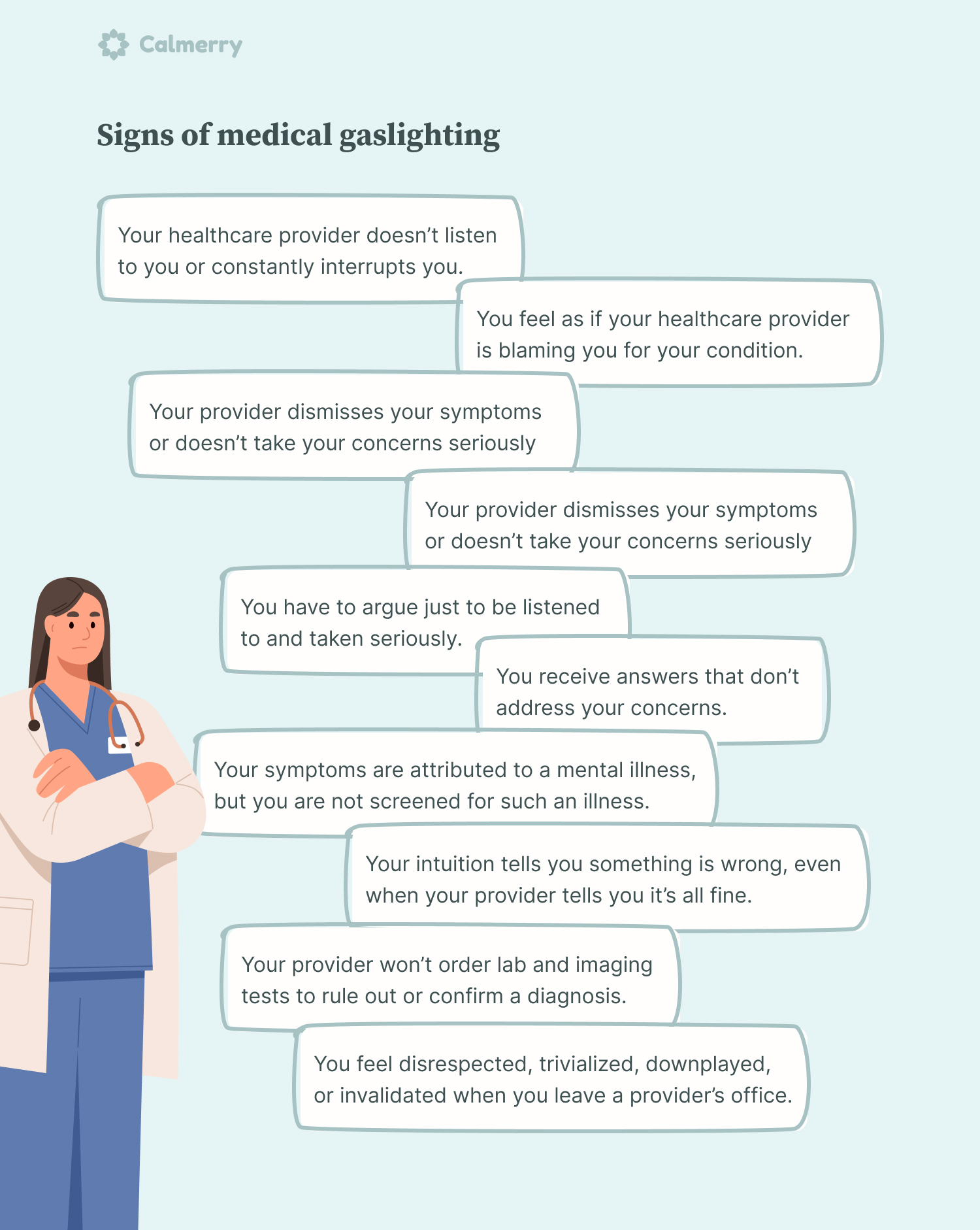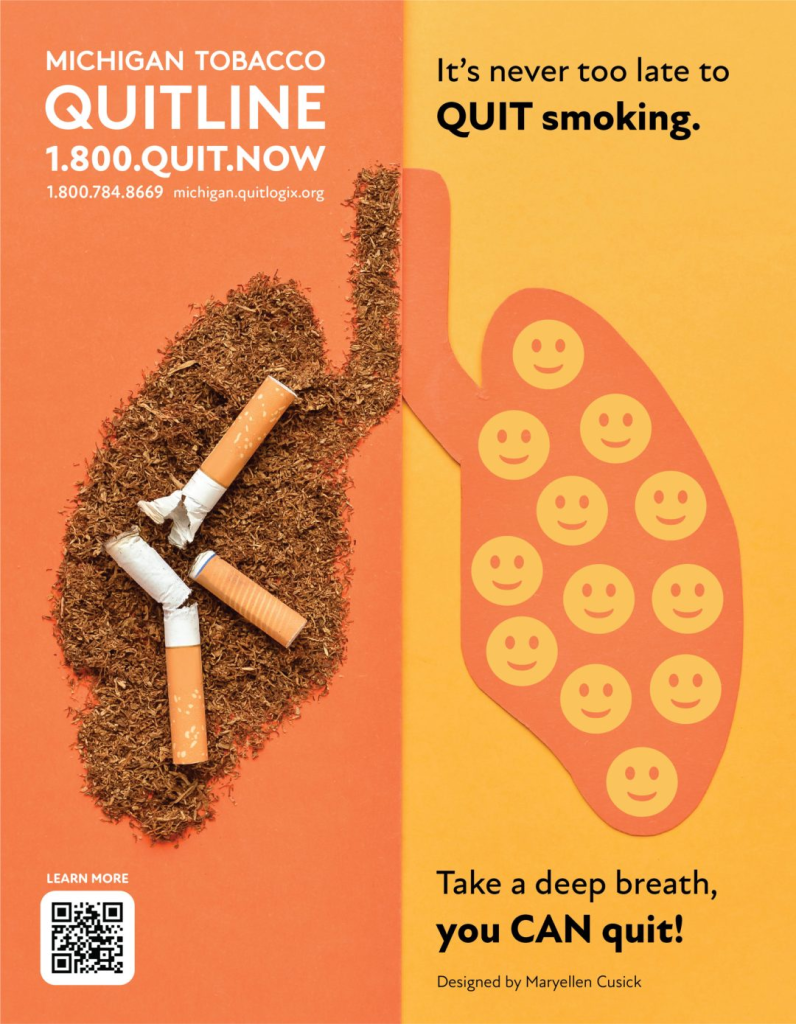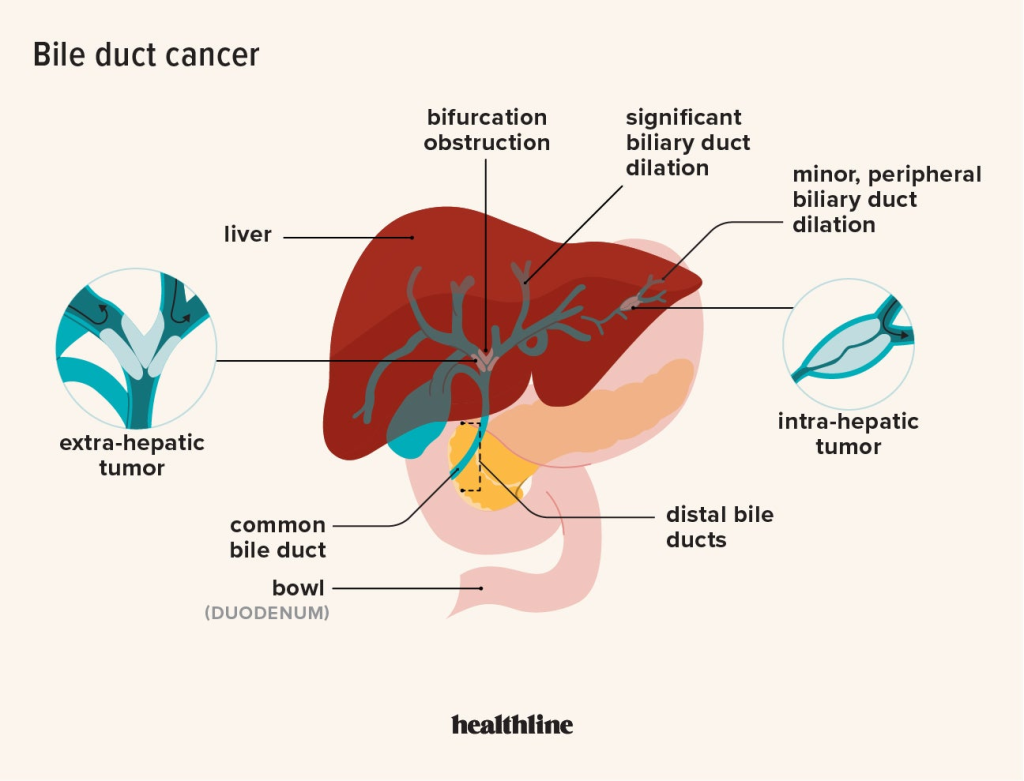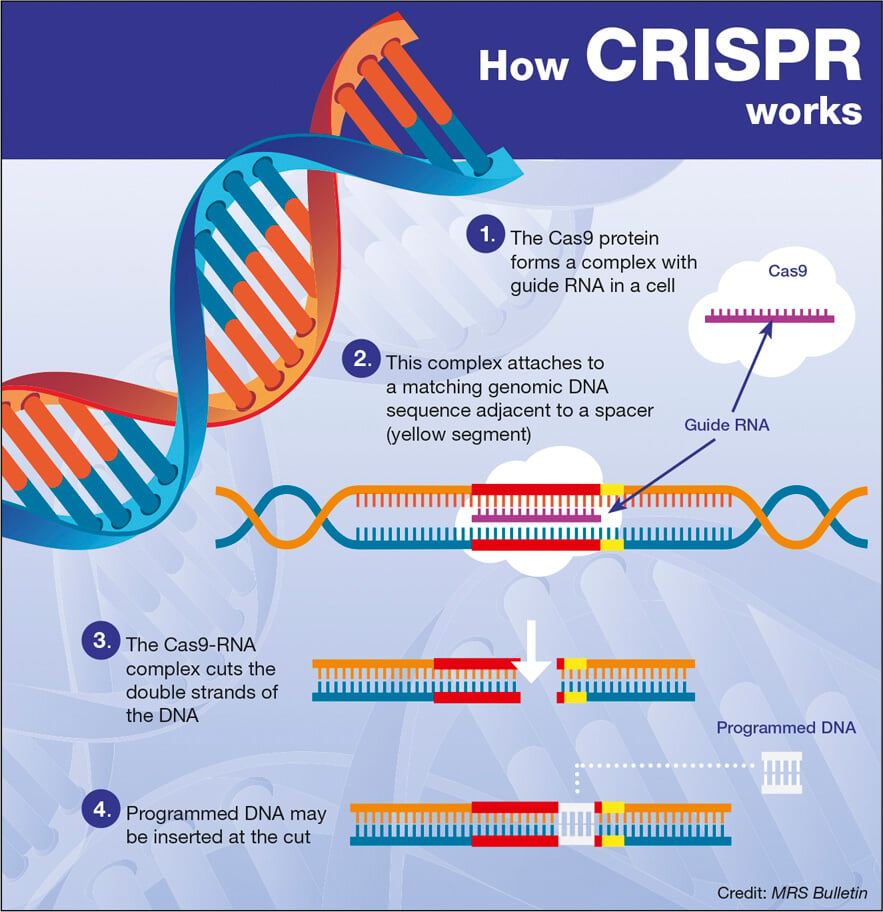Medical gaslighting is an increasingly recognized phenomenon in the healthcare landscape, where patients feel dismissed and invalidated by their healthcare providers. This troubling practice often occurs when doctors, under immense pressure, tell patients that their symptoms might be purely psychological rather than a physical reality. As a result, vital healthcare communication suffers, tarnishing the essential doctor-patient relationship that is found at the core of quality medical care. The psychological effects of gaslighting can lead to profound distress and a feeling of disempowerment in patients, who are left doubting their experiences and realities. To combat these issues, a shift towards more compassionate approaches in medical care is crucial, focusing on patient validation and empathy.
The challenges of healthcare invalidation often stem from a lack of effective communication between patients and providers, where alternative terms such as ‘medical invalidation’ might better encapsulate the issue at hand. In many instances, patients with chronic or hard-to-diagnose conditions feel their experiences are minimized or misunderstood, creating a gap in the trust necessary for effective treatment. It is essential to recognize that while doctors strive to provide accurate diagnoses, elevated caseloads and systemic pressures can inadvertently lead to this phenomenon. This leaves patients feeling unsupported, highlighting the critical need for improved healthcare communication strategies. By focusing on understanding and truly validating the patient’s experience, the healthcare system can enhance the doctor-patient relationship and foster better health outcomes.
Understanding Medical Gaslighting in Healthcare
Medical gaslighting refers to a phenomenon where patients feel dismissed or invalidated by their healthcare providers regarding their symptoms. This is particularly prevalent among patients with hard-to-diagnose conditions like long COVID or irritable bowel syndrome. When doctors assert that they cannot find a medical cause or insinuate that a patient’s condition might be psychological, it can lead to feelings of frustration and alienation. This has become increasingly common due to the pressures placed on healthcare professionals, which can make them more likely to overlook patients’ genuine concerns.
In recent years, social media has brought more attention to the issue of medical gaslighting, prompting patients to share their experiences and seek validation online. This has highlighted the need for improved communication in healthcare settings. Providers must recognize the psychological effects of medical gaslighting, as dismissing patients can lead to long-term damage to the doctor-patient relationship and negative outcomes for patients. Increased awareness can help foster a more empathetic approach in medical care, where patient validation becomes a priority.
The Impact of Healthcare Communication on Patient Relationships
Effective healthcare communication is crucial for building trust between doctors and patients. When patients feel heard and validated, they are more likely to engage in their healthcare actively and follow their providers’ recommendations. However, poor communication can derail these efforts, leading to misunderstandings and dissatisfaction with care. The dynamics of the doctor-patient relationship are delicate; thus, providers must be conscious of their language and approach to discussing patient symptoms. Establishing open lines of communication can significantly enhance patient experience and care outcomes.
Training in healthcare communication should focus on empathy, active listening, and validating patient experiences. Practitioners should be encouraged to take the time needed to listen to patients fully, allowing them to express their concerns without fear of being dismissed. This can help mitigate feelings of medical gaslighting and foster a sense of partnership in care. Encouraging physicians to express understanding and concern can redefine patient-provider interactions, leading to better health outcomes and patient satisfaction.
Psychological Effects of Gaslighting on Patients
The psychological effects of medical gaslighting can be profound and long-lasting for patients. Experiencing a lack of validation from healthcare providers can lead to feelings of isolation, anxiety, and distrust in the healthcare system. When patients feel that their symptoms are not taken seriously, it can exacerbate existing conditions and contribute to a cycle of seeking validation that remains unfulfilled. This is particularly concerning for patients dealing with complex chronic illnesses where emotional and psychological support is as crucial as physical treatment.
Acknowledging the psychological harm caused by medical gaslighting is essential for healthcare providers. It empowers them to adopt a more compassionate and understanding approach toward patients. Training and awareness programs designed to help providers recognize and address their biases can be instrumental in reducing these negative impacts. Such initiatives can promote healing not only by addressing physical ailments but also by validating patients’ experiences and emotions, which is crucial in holistic healthcare.
Addressing the Provider-Patient Power Dynamic
The inherent power dynamic in healthcare often places providers in a superior position, creating challenges when patients express doubts about their diagnoses or treatment plans. This power imbalance can lead to medical gaslighting, where patients feel sidelined or rejected. To counteract this, healthcare providers should strive to engage in collaborative decision-making with their patients, ensuring they feel valued and integral in their treatment journey. Encouraging questions and clarifying doubts can significantly enhance patient empowerment.
When providers actively involve patients in their care plans, it diminishes feelings of helplessness and fosters mutual respect. Recognizing that both doctors and patients bring valuable insights to the table helps to create a more balanced doctor-patient relationship. Addressing the power dynamic can lead to improved satisfaction with care and a stronger therapeutic alliance, ultimately contributing to better health outcomes for patients, particularly those dealing with complex or chronic conditions.
Strategies for Improving Healthcare Approaches
Improving healthcare approaches requires systemic changes that prioritize patient dignity and comprehensive communication. Healthcare organizations should consider implementing training programs designed to enhance provider awareness of medical gaslighting and the importance of validating patient experiences. Such programs could encourage empathy and reinforce the need for clear, compassionate communication. By focusing on the human aspect of medicine, providers can create a safer and more supportive environment for patients.
Additionally, fostering a culture of teamwork among healthcare professionals can lead to better patient outcomes. Encouraging a multidisciplinary approach where nurses, nurse practitioners, mental health professionals, and social workers work collaboratively with physicians can address the various aspects of a patient’s health. When care teams are trained to communicate effectively and validate patient experiences, the risk of medical gaslighting decreases, and the overall quality of care improves.
Navigating the Challenges of Doctor-Patient Communication
Navigating doctor-patient communication can be challenging, particularly when patients present with symptoms that elude clear diagnosis. In such cases, it becomes essential for providers to spend time understanding the patient’s perspective and building rapport. The intention should be to reassure patients by encouraging them to voice their concerns and questions openly. Active listening techniques, in which providers demonstrate that they are genuinely interested in their patients’ experiences, can lead to more effective interactions.
Moreover, prioritizing transparency can help mitigate feelings of gaslighting. When doctors openly share their thought processes regarding diagnosis and treatment options, it builds trust and fosters a more supportive environment. By using language that is clear and accessible, providers can help patients feel empowered and involved in their healthcare decisions, reducing the anxiety and frustration often associated with feeling dismissed by healthcare professionals.
Recognizing the Signs of Medical Invalidation
Recognizing the signs of medical invalidation is crucial for both patients and healthcare providers. Patients may experience a range of emotions, from confusion to frustration, when their symptoms are not acknowledged. This invalidation can manifest when providers dismiss symptoms as psychological without further investigation or respond to patient concerns with disinterest. Heightened awareness of these signs allows patients to advocate for themselves while also prompting healthcare providers to reflect on their response to patient communications.
Healthcare professionals should be trained to identify behaviors that contribute to medical invalidation. Training programs that emphasize the importance of validating patient experiences can help prevent miscommunication and improve patient satisfaction. By cultivating an awareness of the signs of invalidation, providers can work towards fostering a more supportive and responsive healthcare environment where patient experiences are honored and valued.
Creating a Compassionate Healthcare Environment
Creating a compassionate healthcare environment starts with acknowledging the emotional and psychological aspects of medical care. It involves not just treating the physical symptoms of a patient but also understanding their fears, frustrations, and emotional needs. Compassionate care requires training healthcare professionals to approach each patient with empathy, actively listen to their concerns, and validate their experiences. Such an environment not only reduces feelings of medical gaslighting but also enhances the healing process, promoting better health outcomes.
Healthcare organizations should implement policies that prioritize compassion in care delivery. This includes reducing patient wait times, allowing for more extended consultations, and promoting a culture where empathy is valued as a core aspect of patient care. When healthcare systems prioritize compassion and understanding, patients are more likely to engage positively with their providers, creating a relationship built on trust and collaboration, ultimately leading to improved patient satisfaction and overall well-being.
The Future of Patient Validation in Medicine
The future of patient validation in medicine hinges on evolving models of care that prioritize patient experience. As healthcare continues to adapt, integrating approaches that emphasize validation and effective communication will be vitally important. Healthcare practitioners must recognize that validation is a fundamental aspect of care that can impact patient outcomes significantly. Moving forward, institutions should focus on training providers to understand the importance of validating their patients’ experiences and incorporating this practice into standard care protocols.
Moreover, as technological advancements in telehealth and patient monitoring continue to shape healthcare delivery, there is potential to enhance patient validation through these mediums. For instance, virtual consultations can be designed to encourage more in-depth discussions about patient experiences, allowing for greater emotional connection despite physical distance. By embracing a future where patient validation is paramount, healthcare systems can aim to create an environment where all patients feel heard, respected, and empowered in their care journey.
Frequently Asked Questions
What is medical gaslighting and how does it affect the doctor-patient relationship?
Medical gaslighting refers to a scenario where healthcare providers dismiss or invalidate a patient’s symptoms, leading them to question their own experiences and feelings. This behavior can severely impact the doctor-patient relationship, eroding trust and communication. Patients may feel unheard or misunderstood, which can exacerbate their psychological distress and complicate their healthcare journey.
How can healthcare communication be improved to prevent medical gaslighting?
Improving healthcare communication is crucial in preventing medical gaslighting. Providers should prioritize active listening, validate patient experiences, and take time to discuss symptoms thoroughly. Creating an environment where patients feel safe to express concerns can foster a trusting doctor-patient relationship and minimize feelings of invalidation.
What are the psychological effects of medical gaslighting on patients?
The psychological effects of medical gaslighting can be profound, leading to feelings of anxiety, depression, and self-doubt. Patients may struggle with their self-worth and begin to question their perceptions of reality. This form of invalidation can diminish a patient’s trust in the healthcare system and may deter them from seeking necessary medical help in the future.
Why is the term ‘medical invalidation’ preferred over ‘medical gaslighting’ in certain contexts?
The term ‘medical invalidation’ is often preferred because it recognizes that most healthcare professionals do not intend to deceive or manipulate patients. It acknowledges the systemic pressures and flaws in communication that can occur in healthcare settings, allowing for a more compassionate understanding of the issues while still highlighting the negative impact on patients.
What approaches to medical care can reduce instances of medical gaslighting?
To reduce instances of medical gaslighting, healthcare systems should adopt patient-centered care approaches that emphasize empathy, understanding, and thoroughness. Training programs that enhance communication skills, reduce physician burnout, and provide adequate time for patient interactions can create a supportive environment for both patients and providers, ultimately leading to better healthcare outcomes.
How does patient validation contribute to addressing medical gaslighting?
Patient validation involves acknowledging and affirming a patient’s feelings and experiences. This practice is essential in addressing medical gaslighting as it promotes trust and openness in the doctor-patient relationship. By validating patients, healthcare providers can reduce symptoms of anxiety and helplessness and encourage patients to advocate for their health more effectively.
What role do systemic pressures play in the occurrence of medical gaslighting?
Systemic pressures, such as high patient loads, time constraints, and excessive documentation, can contribute to medical gaslighting by forcing healthcare providers into rushed interactions that limit the quality of care. These pressures may lead providers to miss important emotional cues or fail to engage with patients fully, resulting in invalidation of patient concerns.
| Key Point | Details |
|---|---|
| Definition of Medical Gaslighting | Medical gaslighting refers to when patients feel dismissed by healthcare providers, particularly regarding hard-to-detect conditions. |
| Associated Terms | The phenomenon might be better described as ‘medical invalidation’, which emphasizes a lack of intent to harm. |
| Impact of Social Media | The term ‘medical gaslighting’ has become more recognized due to social media discussions around patient experiences. |
| Psychological Perspective | Psychologist Alexandra Fuss notes that the term might misrepresent medical professionals who aim to help but may struggle due to systemic pressures. |
| Systemic Issues | Increased caseloads and documentation demands lead to physician burnout, which can impair patient-provider interactions. |
| Need for Compassion | Understanding the pressures on physicians can foster compassion and improve relationships between providers and patients. |
Summary
Medical gaslighting is a significant issue in healthcare, characterized by patients feeling invalidated or dismissed by their providers. As highlighted by psychologists, this phenomenon often stems from systemic pressures within the medical field, where healthcare professionals face overwhelming caseloads and documentation responsibilities. These factors can hinder their ability to provide genuine care and empathy, contributing to misunderstandings between them and patients. Recognizing that most instances of medical gaslighting lack malintent allows us to address the underlying systemic issues and fosters a culture of compassion and understanding in the healthcare environment.



